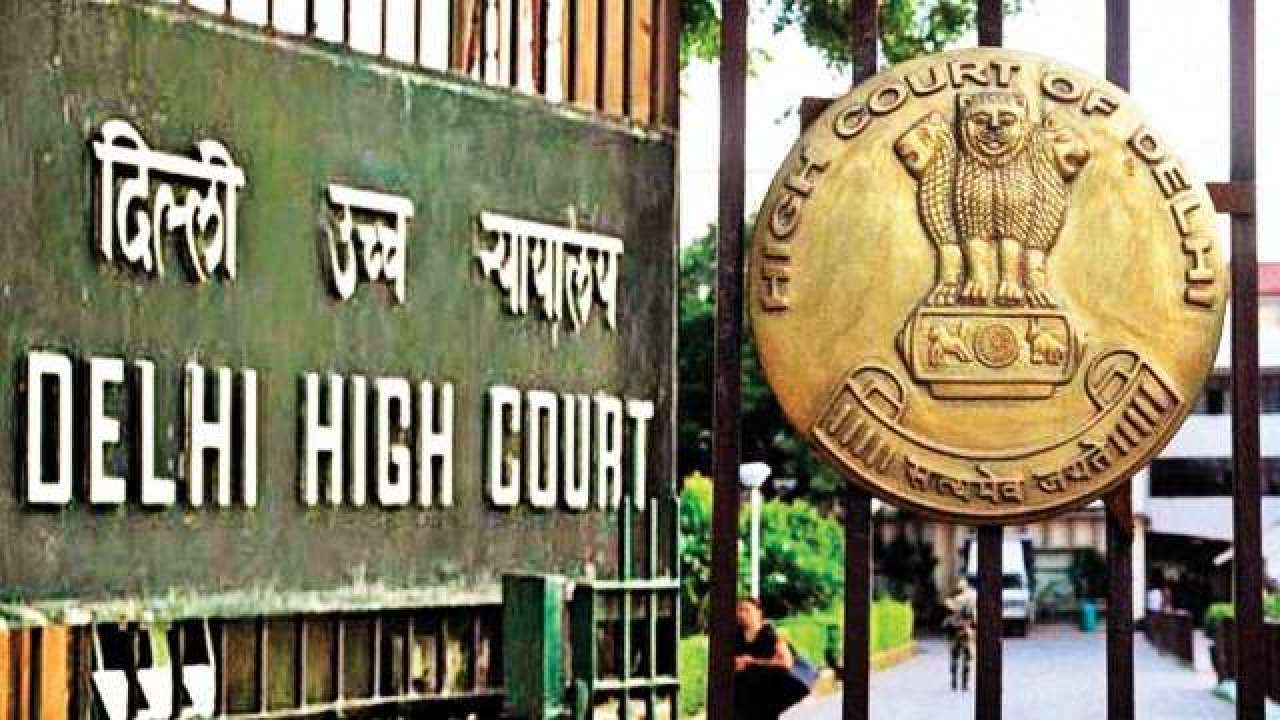Tracing First Originator Violative Of Article 14, 19 & 21; Ultra Vires Of The Parent Statute: Delhi HC To Determine WhatsApp’s Challenge To Intermediary Guidelines

The new Intermediary Guidelines and Digital Media Ethics Code Rules, 2021 was notified by Ministry of Electronics and Information Technology on February 25, 2021 with 3 months provided to all social media intermediaries for compliance (Rule 4).
Yesterday, WhatsApp has moved to the Delhi High Court challenging feature of tracing the “First Originator” on grounds of Right to Privacy recognised by the Supreme Court in KS Puttaswamy v. Union of India, (2017) 10 SCC 1, in addition to it being Ultra Vires to Section 69A and 79 of the IT Act, 2000.
Rule 4 of the Intermediary guidelines mentions of ‘Additional due diligence to be observed by Significant Social Media Intermediary (SSMI)’
Rule 4(2) says,
A significant social media intermediary providing services primarily in the nature of messaging shall enable the identification of the first originator of the information on its computer resource as may be required by a judicial order passed by a court of competent jurisdiction or an order passed under section 69 by the Competent Authority as per the Information Technology (Procedure and Safeguards for interception, monitoring and decryption of information) Rules, 2009, which shall be supported with a copy of such information in electronic form:
Provided that an order shall only be passed for the purposes of prevention, detection, investigation, prosecution or punishment of an offence related to the sovereignty and integrity of India, the security of the State, friendly relations with foreign States, or public order, or of incitement to an offence relating to the above or in relation with rape, sexually explicit material or child sexual abuse material, punishable with imprisonment for a term of not less than five years
Provided further that no order shall be passed in cases where other less intrusive means are effective in identifying the originator of the information
Provided also that in complying with an order for identification of the first originator, no significant social media intermediary shall be required to disclose the contents of any electronic message, any other information related to the first originator, or any information related to its other users
Provided also that where the first originator of any information on the computer resource of an intermediary is located outside the territory of India, the first originator of that information within the territory of India shall be deemed to be the first originator of the information for the purpose of this clause.
It is the contention of the Petitioner that Rule 4(2)
- Violates Fundamental Right to Privacy and Freedom of Speech guaranteed under Articles 19 and 21 of the Constitution;
- Ultra Vires the IT Act, 2000, the parent statute under which the Impugned Rule 4(2) was prescribed;
- Violates Article 14 of the Constitution.
Reference is made to Para 375, 644 of the Puttaswamy Judgment, where the Supreme Court identified 9 types of Privacy, including, (i) Communicational Privacy (ii) Informational Privacy (iii) Associational Privacy.
It is further contended that none of the tests laid down by the said Judgment, namely, (i) legality (ii) need (iii) proportionality seem to exist in the present case.
“Requiring intermediaries to enable the identification of the first originator of the information in India on end-to-end encrypted messaging services constitutes a dangerous invasion of privacy. This would require Petitioner to build the ability to identify the first originator of every communication sent in India on its platform, as there is no way to predict which message will be the subject of such an order seeking first originator information. This eliminates the right of the hundreds of millions Indian citizens using WhatsApp to maintain the privacy of their messages, which is antithetical to end-to-end encryption and the core privacy principles underlying it”, the plea states.
The petition is filed through M/S. Shardul Amarchand Malgaldas
